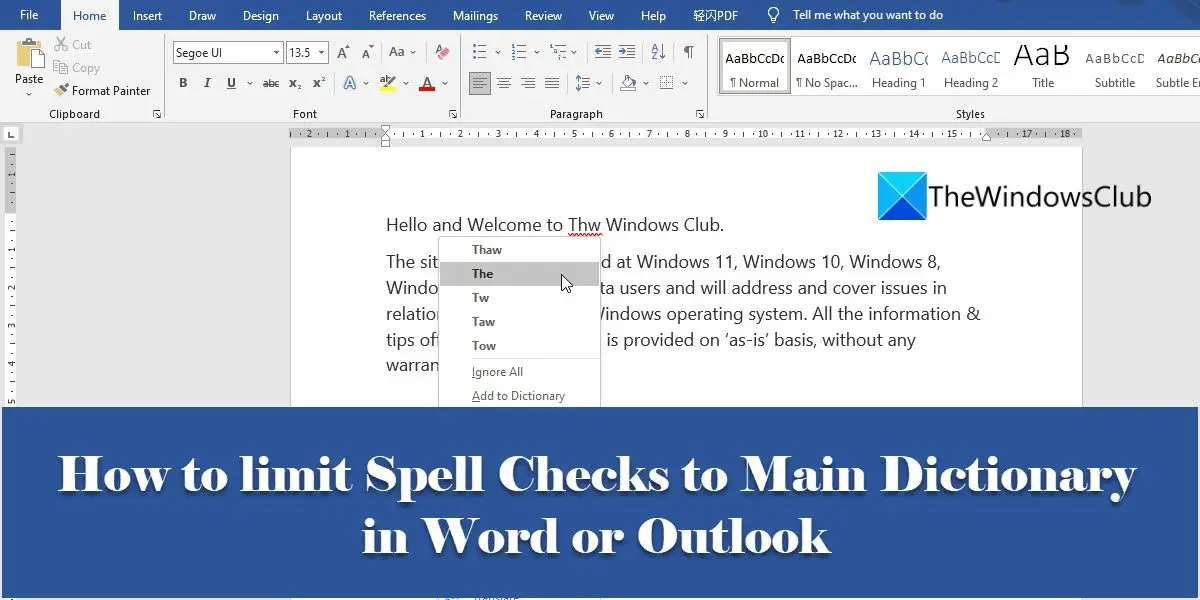A California man has pleaded guilty to threatening Merriam-Webster after becoming enraged that the dictionary company included gender identity in its definitions of “woman” and “girl.”
Jeremy David Hanson sent messages in October saying the company’s headquarters “should be shot up and bombed,” and the editors involved in crafting definitions should be “hunted down and shot.”
“I am sick and tired of these cultural Marxists denying science and destroying the English Language. Merriam-Webster headquarters should be shot up and bombed. Boys aren’t girls,” he wrote in one of a series of missives last year, according to FBI agents who investigated the case.
Hanson pleaded guilty to two counts of threatening interstate communications, one for his messages to Merriam-Webster and the other for similar messages to the University of North Texas.
In that case, Hanson sent a message to the university president in March saying he would “start executing tyrannical leftist students and faculty who oppress conservatives.”
“The only good Democrat is a dead Democrat,” he wrote.
Federal prosecutors said Hanson was motivated by hate for members of the LGBTQ community.
“Every member of our community has a right to live and exist authentically as themselves without fear,” said Rachael S. Rollins, U.S. attorney for Massachusetts, where Hanson entered his plea last week.
The FBI said Hanson had a lengthy history of threats, and they had interviewed him as far back as 2015 over messages he’d sent at the time.
In 2020 he made threats against the American Civil Liberties Union, the Land O’ Lakes corporation and a New York rabbi, the FBI said.
Agents also linked him to threats last year against local officials in Wisconsin, a video game company, DC Comics, a professor at Loyola Marymount University, Amnesty International USA, USA Today and Hasbro.
In that instance he was upset over the toy company’s decision to drop “Mr.” from the iconic “Mr. Potato Head” brand name, the FBI said.
Agents who interviewed him after that incident said he admitted he had difficulty controlling his “rage.” He said that while he sent threats, he didn’t intend to carry them out — though he also acknowledged the threats were wrong.
“He understood there was a difference between expressing himself and threatening someone, he agreed he would have to find a different outlet for his feelings when he got angry about something he saw in the news and he expressed remorse that law enforcement had to get involved,” FBI Special Agent Casey Hunter Anderson wrote in an affidavit earlier this year supporting the charge against him over the Merriam-Webster threats.
He posted threats and other derogatory comments on Merriam-Webster’s definitions of “woman,” “girl,” “boy,” “female” and “trans woman,” the FBI said.
The dictionary company took his threats seriously enough to close offices in Massachusetts and New York for five days.
Each charge Hanson pleaded guilty to carries a sentence of up to five years in prison. He is scheduled for sentencing in January.
Adblock test (Why?)





